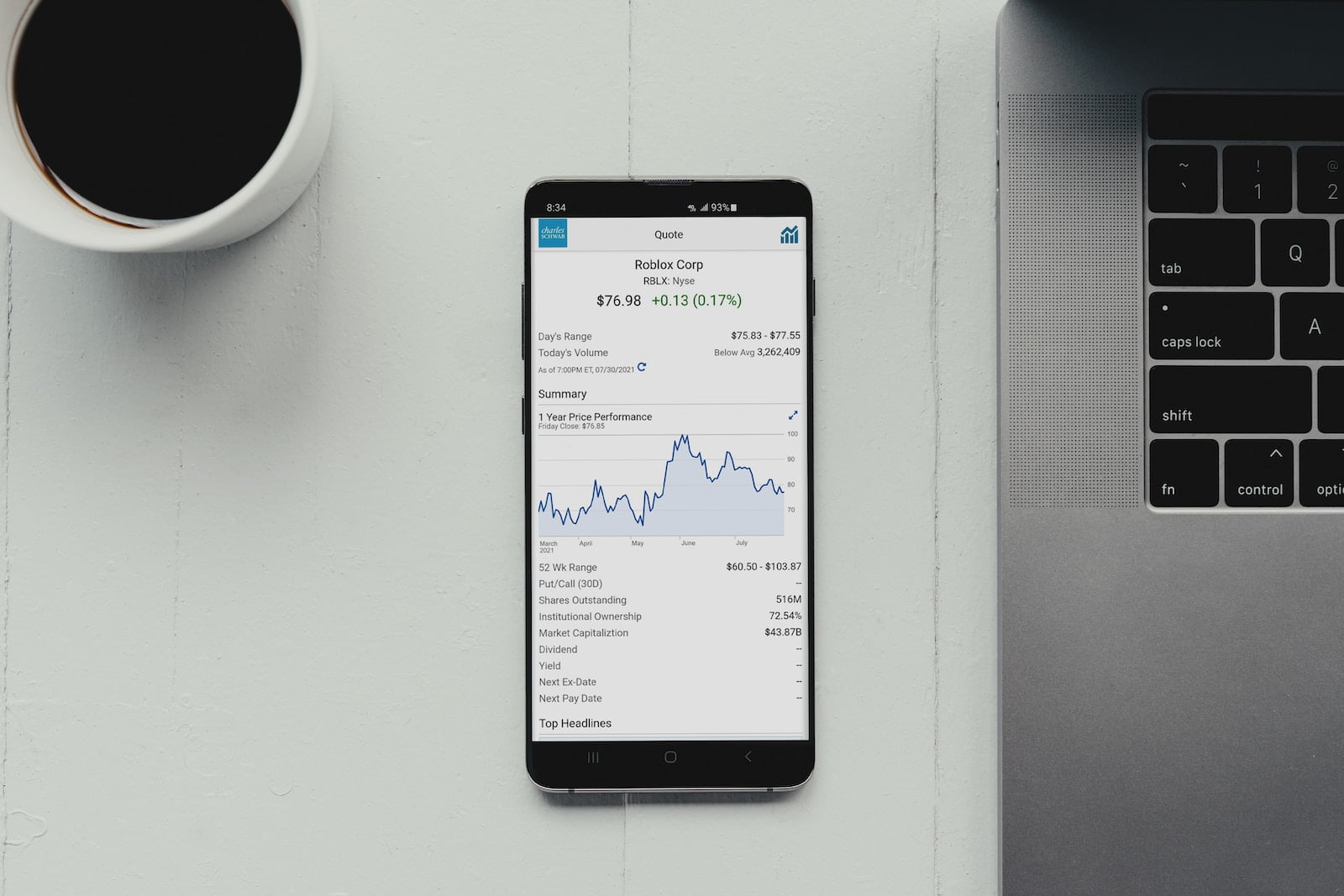Introduction:
In today’s interconnected world, the global financial market plays a pivotal role in enabling individuals to diversify their investment portfolios. Among its vast array of offerings, trading currencies has emerged as a popular and lucrative option. In this article, we delve into the global financial market that facilitates currency trading and shed light on its benefits, strategies, and key players.
Understanding Currency Trading:
Currency trading, also known as forex trading, involves the buying and selling of currencies on the foreign exchange market. Unlike stock markets that are centralized, currency trading operates as a decentralized market where participants trade currencies electronically. It provides individuals with the opportunity to speculate on the fluctuating value of various currencies, aiming to profit from the changes in exchange rates.
The Advantages of Currency Trading:
- Liquidity: The global financial market boasts high liquidity, as it operates 24 hours a day, five days a week. This accessibility ensures that traders can enter and exit positions without major hurdles.
- Leverage: Currency trading permits the use of leverage, enabling traders to control larger positions with relatively small amounts of capital. This amplifies potential profits, although it’s important to use leverage prudently to manage risk effectively.
- Diversification: Currency trading allows individuals to diversify their investment portfolios beyond traditional asset classes. As currencies are influenced by a wide range of factors, including geopolitical events and economic indicators, individuals can benefit from a more balanced and resilient portfolio.
Strategies for Successful Currency Trading:
- Fundamental Analysis: This approach involves evaluating economic indicators, central bank policies, geopolitical events, and other factors that influence currency value. Traders leveraging fundamental analysis aim to determine long-term trends and make trading decisions based on this analysis.
- Technical Analysis: Technical analysis relies on charts, patterns, and historical price data to forecast future currency movements. Traders using technical analysis employ various tools such as moving averages, support and resistance levels, and oscillators to identify entry and exit points.
Key Players in the Currency Trading Market:
- Commercial Banks: Major global banks engage in currency trading as a part of their business activities. They not only facilitate transactions for their clients but also execute trades for their own accounts.
- Central Banks: Central banks play a crucial role in maintaining stable currency markets, as they intervene to manage currency value and ensure economic stability. Their decisions, such as interest rate changes or market interventions, have a significant impact on the market.
- Retail Brokers: Retail brokers provide online platforms and tools for individual traders to access the global financial market for currency trading. These brokers offer leverage, educational resources, and support to traders of all levels of experience.
Conclusion:
The global financial market offers individuals the opportunity to trade currencies, providing them with a flexible and dynamic asset class to diversify their investment portfolios. Currency trading allows traders to capitalize on fluctuations in exchange rates, benefiting from the high liquidity and potential leverage offered. By employing strategic approaches and staying informed about the key players in this market, individuals can navigate the global financial market for currency trading successfully.

+ There are no comments
Add yours